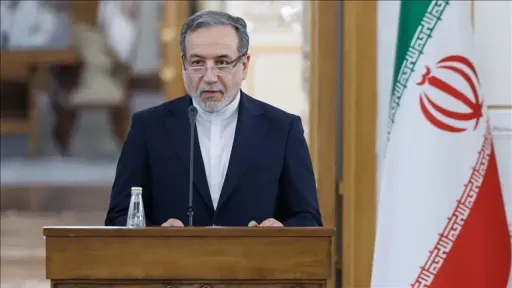Armenian President Armen Sarkisian has announced that he is resigning his largely symbolic position, citing the inability of his office to influence policy during times of national crisis.
"This is not an emotionally-driven decision and it comes from a specific logic," Sarkisian said in a statement on his official website on Sunday.
"The president does not have the necessary tools to influence the important processes of foreign and domestic policy in difficult times for the people and the country," he said.
"I hope that eventually the constitutional changes will be implemented and the next president and presidential administration will be able to operate in a more balanced environment," the statement added.
Sarkisian was born in 1953 in the capital Yerevan. He served as prime minister between 1996-1997, according to an official biography, before being elected president in March 2018.
READ MORE:Armenia PM announces early election to defuse crisis with army
Political crisis
Sarkisian was at the centre of a domestic political crisis last year that erupted in the wake of a war between Armenia and Azerbaijan for control of the disputed Nagorno-Karabakh region.
His role is largely ceremonial and executive power rests primarily with Prime Minister Nikol Pashinyan.
Sarkisian and Pashinyan had disagreed over a decision to remove the chief of the military's general staff in the wake of the war and amid protests that brought thousands onto the streets of the Caucasus nation.
At a referendum in December 2015, Armenia became a parliamentary republic, while presidential powers were significantly curtailed.
Armenia's economy has struggled since the Soviet collapse and money sent home by Armenians abroad has aided the construction of schools, churches and other infrastructure projects.























